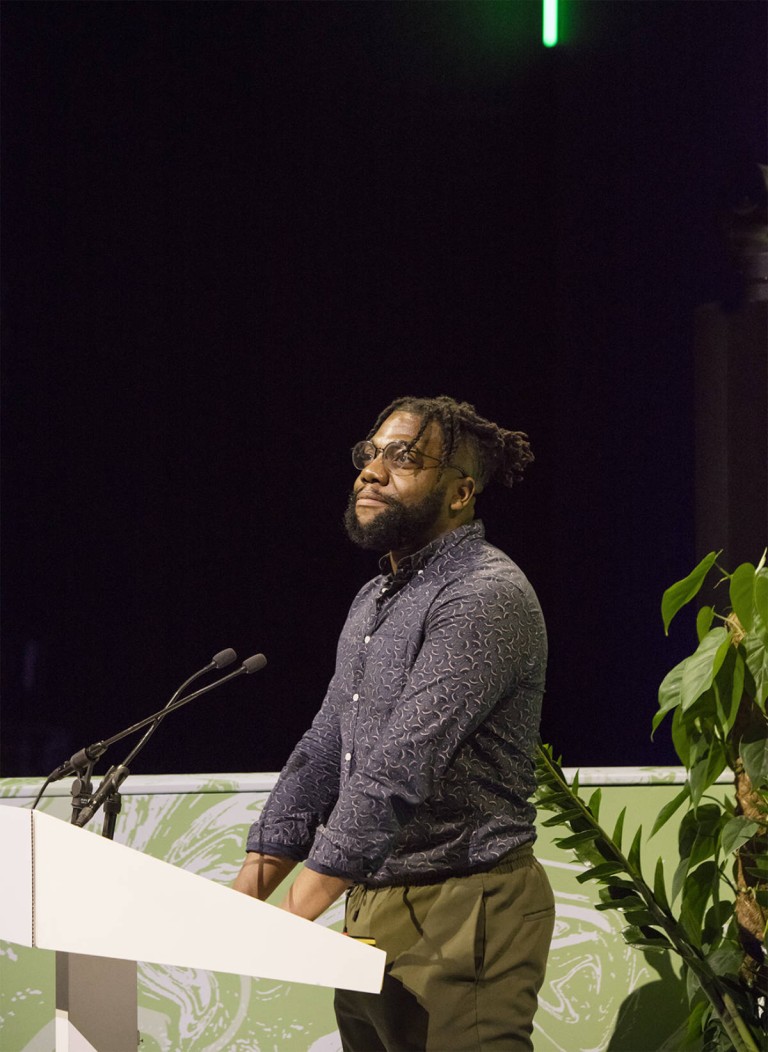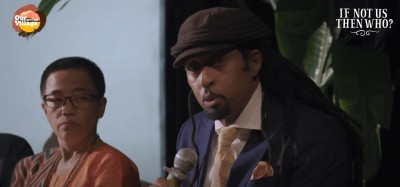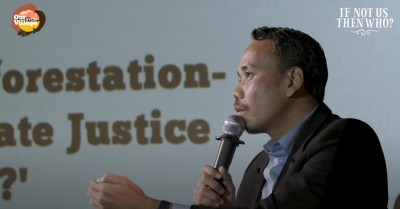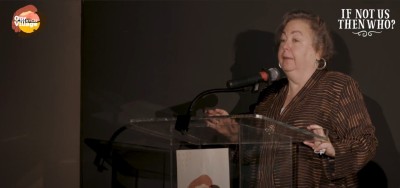There is a palpable sense that something is profoundly broken within our system. And so, the question arises: What are the leaders at COP26 going to do about it? This question is directed specifically at you, the leaders, because it becomes increasingly difficult to identify with the collective “we” when one often feels like an outsider or “other.” It is challenging to speak in terms of “we” when it becomes evident that we do not possess the same immediate power and influence as you do. It seems as though decisions are made by our governing bodies, and we are left with no choice but to either accept them or resist them. We find ourselves existing within a system where taking action on the climate crisis is treated as an afterthought, merely another item on an extensive list of priorities. If this is the case, then something fundamental within the system is undeniably broken. It is not functioning as it should, and urgent changes are imperative.

How to transform the system?
Those most affected by the climate crisis are also those with the least power to decide and act on it. Tackling climate justice demands a shift in power, not only to repair frontline communities, but also to make sure that those who negotiate, sign and approve are also those most knowledgeable of what needs to be done to stop the crisis.


